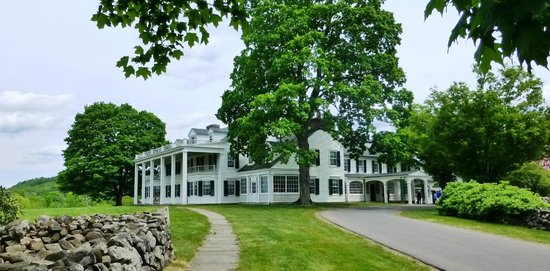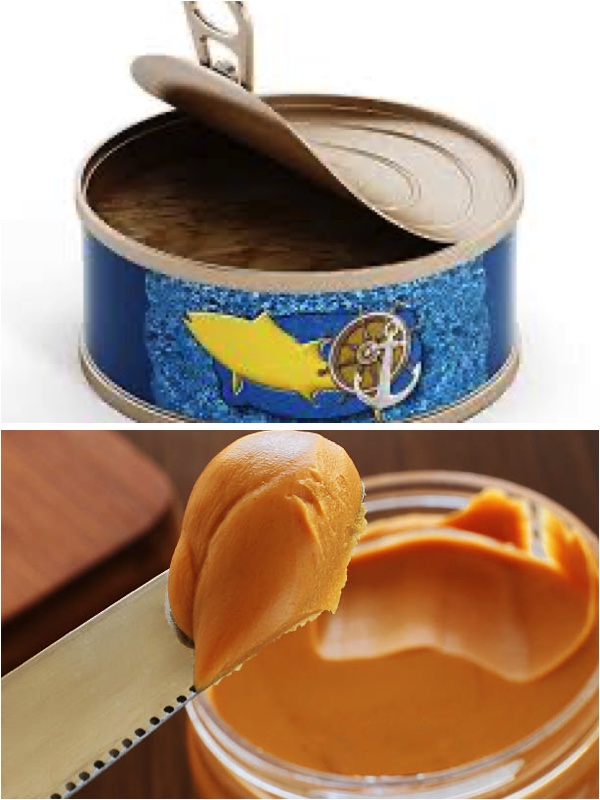Elysha and I are looking forward to hosting our first live storytelling show since February 2020 at The Hill-Stead Museum in Farmington, CT on August 18, 2021.
The show will be outdoors, but it’s our first step to returning to normal life once again.
We can’t wait.
You can purchase tickets here:
https://www.hillstead.org/event/speak-up/
As I wrote last week, I have a long and storied past with the Hill-Stead Museum. Over the years, I have officiated and DJ’d many weddings on the grounds of the Hill-Stead, taken poetry and writing classes with renowned writers in their barn, and spent many a night under the stars listening to poets perform as a part of their famous Sunken Garden Poetry Festival.
There was one other moment at the Hill-Stead that I think is worth mentioning.
About a dozen years ago, my then-principal, Plato Karafelis, decided to take three afternoon professional development sessions and turn them into field trips for our faulty, scheduling visits to The Mark Twain House, The New Britain Museum of Art, and The Hill-Stead Museum.
Here are a few things I know about our trip to The Hill-Stead:
I still remember that day vividly. I recall listening to a lecture in the barn on the history of The Hill-Stead, then proposing a new company with my friend, Jeff, wherein we would interview the men who wanted to date our friend and colleague, Amy, so she wouldn’t waste any more time going on first dates with losers.
Amy is happily married today. I actually officiated her wedding.
I remember touring the building alongside two new colleagues who I hadn’t spent much time with prior to our visit but felt quite close to and began collaborating with them extensively post-visit.
I remember staring at Monet’s haystacks, hanging over a piano in the salon, and feeling utterly inspired.
I remember wandering through The Sunken Garden, looking at flowers and talking yo my friend and colleague, Donna, about problems with the Shakespearean production that I was producing with my students in June.
I remember taking my students to the forest adjacent to our school the next day, feeling charged and excited about helping them to see the beauty in the world and teaching them to find ways to use that beauty in their own writing.
I remember that Plato had to fight like a dog to get those three trips approved and was still beaten up by his administrators about the trips after they were completed.
Here’s the best part of all:
I remember that afternoon with enormous clarity. I also remember with great clarity the trips to the New Britain Museum of Art (a place I didn’t know existed prior to the trip even though it’s ten minutes from my home) and The Mark Twain House (a place I had never entered prior to our trip).
How often does a professional development session from more than a decade ago still reside so clearly in a person’s mind?
Those trips exposed me to art, architecture, history, and the natural beauty of their surroundings. They brought me closer to colleagues. Established bonds that persist today. Inspired me to be a better artist and teacher. Excited me about bringing more art and beauty into my school day.
It was some of the best professional development I ever received, yet in the minds of administration at the time, it was a waste of time. A silly, purposeless adventure. A terrible use of time and money.
It was stupid, shortsighted, tragically uninspiring leadership on the part of administration.
It’s hard to stand at the tip of the spear. It’s not easy to buck the system and strike out new ground. Not everyone can knowingly frustrate their bosses by doing something that they think is right and good. Few people are willing to suffer the slings and arrows to try something new and do something better.
Plato did all of those things on that day, thus providing me with one more important lesson:
Do the right thing, even when those in power don’t always think it’s right. Seek to inspire through novelty and innovation. Take risks. See beyond the mundane and expected to something less quantitive and more qualitative.
Do stuff people will remember a decade later.
Plato is now retired and residing happily on the west coast, which is wonderful for him but perpetually sad for me. But when I take the veranda in August to tell my first story to a real live audience in more than a year, I will be thinking of him and that day spent at The Hill-Stead with my colleagues.
I’ll be thinking about inspiration, leadership, and courage.
Maybe I’ll even tell a story about Plato that night.









